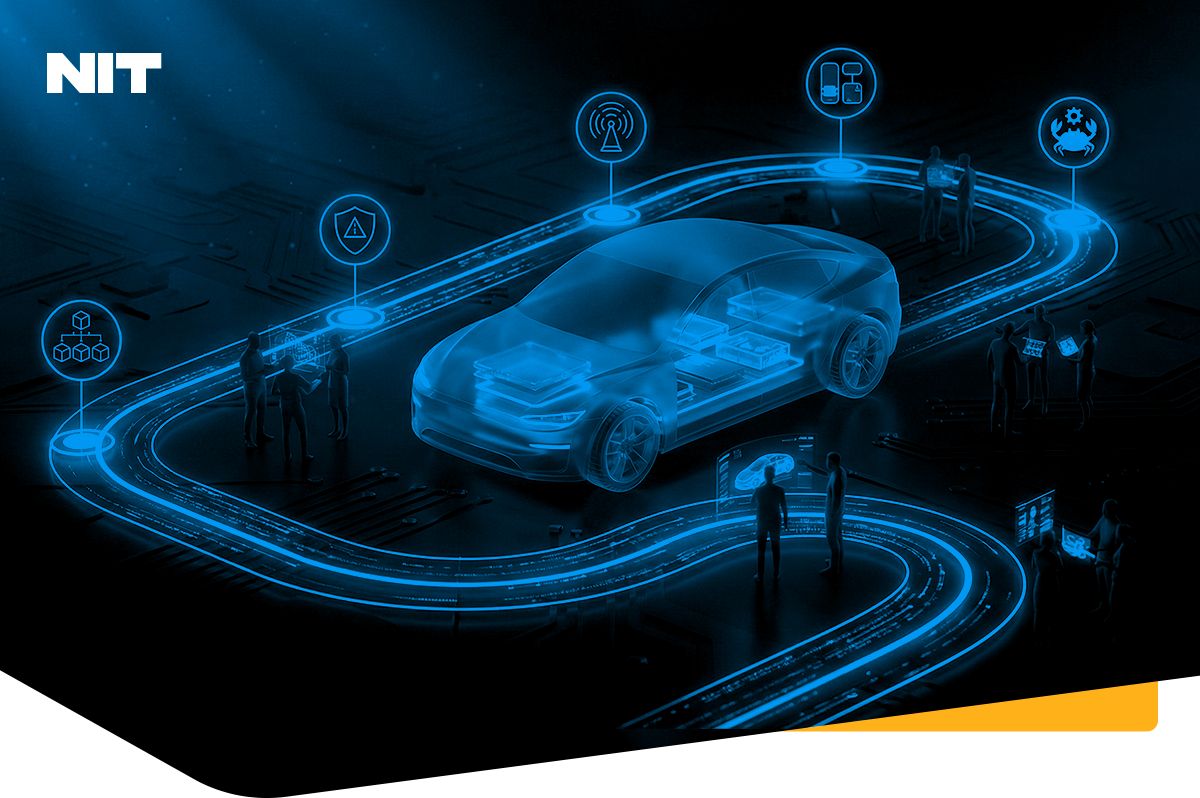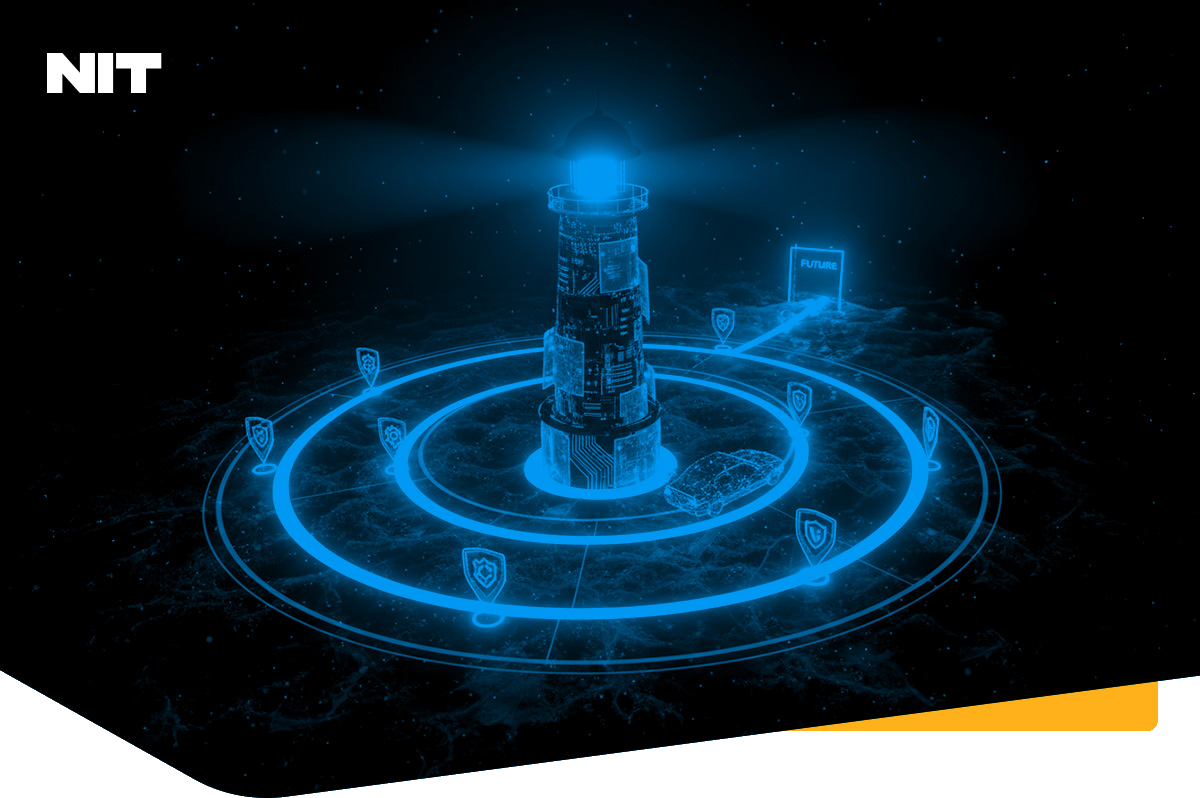
May was a very busy month here at NIT Academy! We have co-organized and sponsored two great conferences, organized a great bootcamp on Deep Learning and AI in Science and Technology park in Novi Sad and certified 96 individuals from our various programs. We are finalizing the preparations for the OSS-5 event happening end of June in San Francisco, California, USA and we are widely announcing our Automotive Engineering and Functional Safety for Automotive expert programs starting this fall together with our partner, University of California San Diego, Department for Extended Studies.
However, the most prominent activities were the involvement at IEEE ZINC and SEE Automotive conferences, held simultaneously in Novi Sad and Belgrade from 29 to 31 May 2023. We had visitors from all over Serbia and the region. The ZINC event promised a captivating lineup of distinguished headliners who have been at the forefront of innovation in consumer technology. Visionary leaders such as Bob Frankston, Soumya Kanti Datta, Prof. Dr. Nikola Teslić, and Dr. Stefan Poledna, among others, shared their insights, inspiring attendees to push the boundaries. NIT was among the co-organizer and sponsors of this event.
At ZINC, NIT was organizing a special panel which included our CEO Prof. Dr. Milan Bjelica, Ognjen Bjeković, Team Lead SW Project & Platform Management at ZF Group, Dr. Milena Milošević, R&D Technical Project Lead – Automotive at RT-RK, Ivan Popović, Director of Engineering and Delivery at HTEC Group and Dr. Vladimir Petrović, ASIC Design Expert at Avisto Eastern Europe. The topic of the panel "Software platforms in next-generation vehicles: trends, varieties and challenges". Within the panel, our speakers uncovered the new frontline in next-generation vehicles which is tied to the concept of Software-Defined Vehicles (SDVs). In this concept, one or several domain controllers handle the complete set of functionalities, including powertrain control, battery management, assisted driving, infotainment, and more. Our panelists contrasted actual approaches in complex software designs in vehicles coming from the industry and academia and tried to identify the trends and challenges for future developments and aspiring suppliers. One of the key findings was the huge discrepancy between the desired end solution as devised in research labs with the platforms being rolled out to production, with this challenge even more apparent when adding harsh hardware requirements with regard to reliability and safety.

At SEEA, NIT Institute was among the key headliners and sponsors, showcasing the special program packages which aim to help software companies transition into the automotive industry. This same topic was dissected in a panel discussion titled "Learn how to become an Automotive Software Supplier." The panel was led by Prof. Dr. Milan Bjelica, bringing in industry experts and academics such as Prof. Dr. Bogdan Pavković, Course Instructor at UC San Diego, Danijel Spasojević, General Manager at TTTech Auto, Dr. Vladimir Petrović, ASIC Design Expert at Avisto Eastern Europe, Petar Ilić, Software Engineer at DRÄXLMAIER Group, and Dule Petković, Project Leader at Umlaut part of Accenture. The panelists discussed all the challenges which an automotive software supplier must adjure and gave examples of some lessons learned from their own experiences in different stages of supplier acquisition process. NIT, with University of California San Diego as a training partner, offered a solution which includes training and consultancy to aid companies smoothly transition into automotive industry, with several important steps identified:
- Establishing baseline company profile & proof of concept showcase
- Understanding and establishing R&D processes and tools (QM, ASPICE)
- Mastering SW tools and frameworks (AUTOSAR, simulation and AI tools)
- Applying safety and security as per ISO26262, SOTIF, ISO21434
- Improving relevant SW development skills in C, C++ and RTOS environments
Through the discussion on the panels themselves and outside the panels, with different companies from different areas of the automotive industry, we have come to the conclusion that we have achieved our goal, that we have explained and made everyone understand why software engineering in the automotive industry is the future and how we can help companies that are not part of this world to reorient themselves in a very simple way.

These conferences have once again confirmed that knowledge sharing and collaboration are the driving forces for progress and innovation. We look forward to the next editions of these events, where we can continue to explore the ever-changing scene of the automotive and consumer technology industries.



